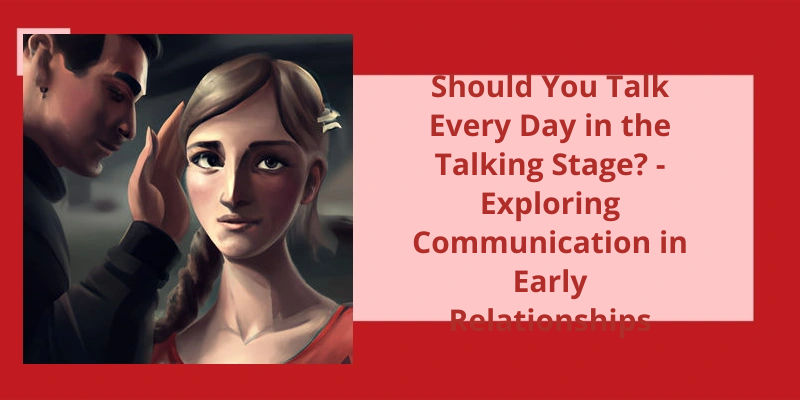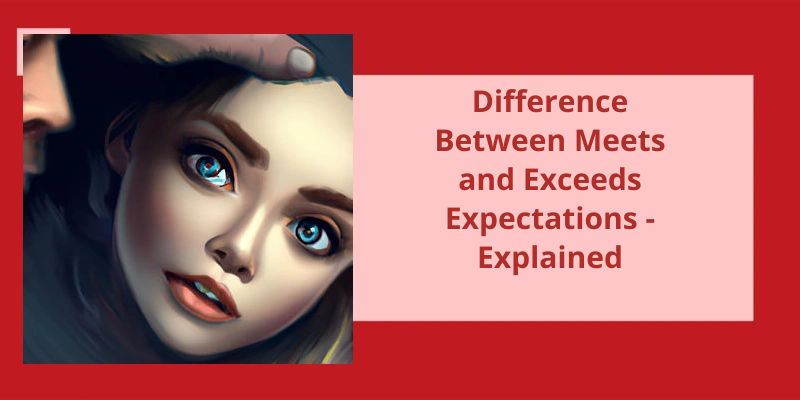The concept of meeting one's future spouse is arguably one of the most romanticized notions in popular culture. From fairytales to romantic comedies, the idea of love at first sight and finding "the one" often prevails. But is it really true that majority of us have already met our soulmates? There’s a widely circulated claim that up to 80% of people have already crossed paths with their future spouse before they even turn 16. However, one can’t help but wonder if this assertion holds true in every culture. Take India, for instance, where arranged marriages are still commonplace. In such a scenario, the concept of meeting one's soulmate as a teenager may not be as relevant.
What Are the Odds You Met the Person You’ll Marry?
The odds of meeting the person you’ll end up marrying are like a needle in a haystack. It’s quite hard to estimate the probability of finding your soulmate, but statistics show a 1 in 285,000 chance of finding the perfect partner. It’s quite ironic that in a world with over 7 billion people, we can still feel so alone. However, there’s no denying that the journey of finding your better half is a tedious task that requires a lot of patience, time and effort.
The majority of us have heard of a family member, friend or even ourselves who went on numerous dates and still had no luck in finding the one. In fact, people who’re searching for love these days have more options than ever before. There are a plethora of dating apps and sites online, speed dating events and matchmakers, however, the actual chances of finding the perfect match is still slim.
It’s natural to wonder why this task is so difficult and why finding someone perfect for us is becoming just as elusive as looking for a needle in a haystack. The answer lies in the fact that everyone is so unique. We all have our own set of standards and expectations when it comes to a significant other. We all possess our own quirks, weirdness and flaws that could typically end up being deal breakers for someone else. Hence, this puts a lot of pressure on both parties to bring their A-game when searching for their perfect soulmate.
The search for true love is no easy one. It involves a battle between your heart and mind, where you’re constantly questioning whether it’s possible to find love again or not. However, theres always hope. As the saying goes, “if it’s meant to be, it will be”. Sometimes it takes longer for some people to find their true love, but with patience and the right mindset, the odds of meeting the person you’ll marry can be increased. It all comes down to being open, fearless and optimistic about the future.
It requires dedication, perseverance and the right mindset to make it happen. While dating apps and sites might make it easier to find potential partners, the game of love isn’t an easy one to win. However, if you keep faith and a positive outlook, who knows what the future might bring? The journey of finding love might be tough but in the end, it can turn out to be one of life’s greatest rewards.
As fascinating as it sounds, the idea that we’ve already crossed paths with our future spouse at the age of 16 may seem difficult to believe. However, research suggests that there might be some truth to this popular theory. Let’s take a closer look at the evidence and explore the possible explanations behind it.
Is It True We Ve All Met the Person We Are Going to Marry by the Time We Are 16?
The idea that we’ve all met the person we’re going to marry by the time we’re 16 is a popular belief that’s been around for generations. It’s often quoted as a fact and used to offer advice to young people about finding love. However, the truth behind this statement is somewhat murky, and experts have differing opinions on whether or not it’s true.
One of the main reasons why this idea persists is that many people do actually end up marrying someone they knew when they were young. Studies have shown that around 70-80% of people have already met their spouse by the time they’re 16, which is a significant majority. This can be attributed to a variety of factors, such as attending school together, living in the same neighborhood, or socializing in the same circles.
However, it’s important to note that just because you’ve met someone when you’re young, it doesn’t necessarily mean that they’re the person you’re going to marry. People change and grow throughout their lives, and someone you were interested in as a teenager may not be the right fit for you as an adult. Additionally, there are many other potential partners out there who you may meet later in life and form a strong connection with.
While some people may be ready to start dating and looking for a long-term partner by their mid-teens, others may not be interested in romantic relationships until they’re older.
Peoples paths can cross at any point in their lives, and there’s no one set timeline for finding love. Additionally, the idea that we’ve all met our future spouse by the time we’re 16 can put undue pressure on young people to pursue romantic relationships before they’re ready, which isn’t a healthy or productive message to send.
The Origin and Cultural Significance of the Belief That We Meet Our Future Spouse by the Age of 16.
- The belief that we meet our future spouse by the age of 16 is prevalent in many cultures around the world.
- In some cultures, this belief is tied to the idea of destiny or fate.
- Others believe that meeting a future spouse at a young age ensures a long and happy marriage.
- Some cultures even have specific rituals or customs designed to help young people meet their future partners.
- While the belief may vary from culture to culture, it remains an important part of many people’s beliefs about love and relationships.
While the concept of a soul mate may be difficult to define, there’s no denying that humans have the ability to form long-term relationships, setting us apart from other animals in the kingdom. It’s this unique ability that leads many to believe in the existence of the true soulmate. But just like any relationship, the idea of a soul mate can become quite complex.
Is There Such a Thing as a True Soulmate?
There’s no doubt that humans are social creatures and thrive on human connection. For many individuals, the idea of finding a soul mate is often associated with being accepted for who they’re and feeling complete in their personal lives. However, the notion of soul mates is often closely aligned with romantic relationships. Many people believe that there’s one perfect person out there who’s destined to be with them forever. While there’s no empirical evidence to support this idea, many people still hold onto this dream.
Soul mates can be difficult to define.
The search for this perfect match can be incredibly challenging and often leads to disappointment and heartbreak.
These relationships may not be perfect, but they can provide individuals with the sense of love and companionship they need to feel happy and fulfilled in their lives.
The Impact of Technology and Social Media on Dating and Finding a Soul Mate.
Technology and social media have significantly impacted the dating scene and the search for a soulmate. The rise of dating apps and social media platforms has made it easier for people to connect with potential partners, but it can also lead to increased superficiality and a focus on physical appearance. Additionally, the constant bombardment of information and instant gratification culture can make it difficult to establish deep connections and lasting relationships. However, when used mindfully, technology and social media can provide valuable tools for finding compatible partners.
Source: Are soul mates real, according to science?
Conclusion
Ultimately, whether or not you’ve already met the person you’ll marry is a subjective matter, dependent on cultural and personal views. While some may find comfort in the idea of destiny leading them to their spouse at a young age, others may see arranged marriages or even meeting their partner in later years as equally valid paths. It’s important to recognize and respect the diversity of beliefs and customs surrounding marriage, rather than subscribing to a singular and limited perspective. In the end, what matters most is finding a partner who’s compatible and loved, regardless of when or how that meeting may occur.






